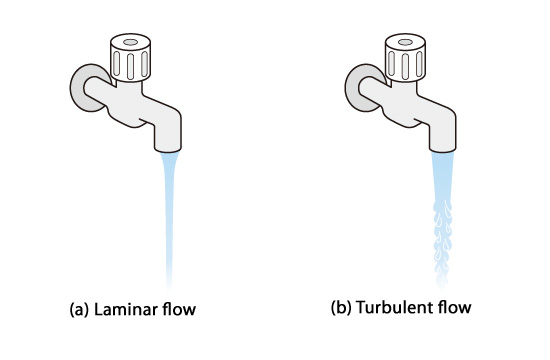Laminar flow is a term that is often used in various industries, including healthcare, food and beverage, and electronics. In mylabplus, these industries have been growing rapidly, and the need for laminar flow systems has become more important. In this article, we will discuss what laminar flow is, why it matters, and its benefits.
What is Laminar Flow?

Laminar flow is a type of fluid flow where the fluid moves in parallel layers, without any significant mixing between the layers.
This type of flow occurs when the fluid moves through a pipe or a chamber with smooth walls, and the velocity of the fluid is low enough to prevent turbulence. Laminar flow is opposite to turbulent flow, which is characterized by chaotic and unpredictable motion.
Why Laminar Flow Matters in Various Industries in Malaysia
Healthcare: In the healthcare industry, laminar flow is used in operating rooms, cleanrooms, and other sterile environments. Laminar flow systems help in maintaining a sterile environment by preventing the entry of airborne contaminants. This is particularly important during surgical procedures where the risk of infection is high.
Food and beverage: In the food and beverage industry, laminar flow is used in production areas where cleanliness and hygiene are critical. Laminar flow systems help in preventing the entry of contaminants like bacteria, dust, and other particles, which can affect the quality and safety of the food products.
Electronics: In the electronics industry, laminar flow is used in cleanrooms where the production of electronic components takes place. Laminar flow systems help in preventing the entry of airborne contaminants that can affect the performance and reliability of the electronic components.
Benefits of Laminar Flow Systems

Improved air quality: Laminar flow systems help in improving air quality by removing airborne contaminants. This can help in reducing the risk of infection, improving the quality and safety of food products, and ensuring the reliability of electronic components.
Increased productivity: Laminar flow systems can help in increasing productivity by reducing downtime caused by contamination-related issues. This is particularly important in industries like electronics, where even a small amount of contamination can cause significant damage to the components.
Cost-effective: Laminar flow systems can be cost-effective in the long run. By preventing contamination-related issues, laminar flow systems can reduce maintenance costs, improve product quality, and increase the lifespan of equipment.
Conclusion:
Laminar flow is a type of fluid flow that is important in various industries in Malaysia, including healthcare, food and beverage, and electronics.
Laminar flow systems help in maintaining a sterile and contaminant-free environment, improving air quality, increasing productivity, and reducing costs. In Malaysia, where the healthcare, food and beverage, and electronics industries have been growing rapidly, the need for laminar flow systems has become more important.
Therefore, businesses in these industries should pay attention to the benefits of laminar flow systems and invest in them to ensure the safety, quality, and reliability of their products and services.

